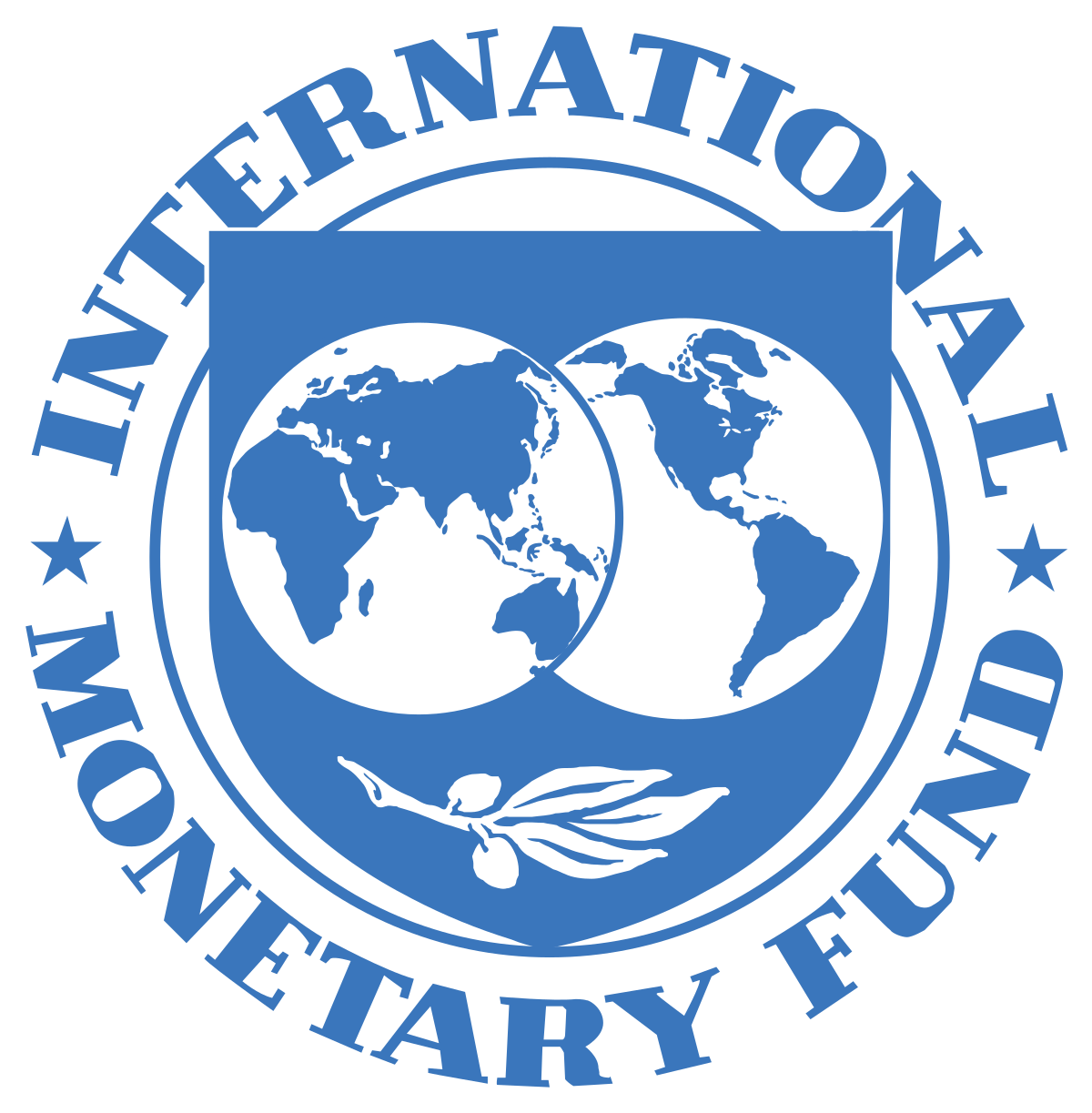A spiralling currency, soaring bond yields and a stark warning from the International Monetary Fund (IMF) are just three reasons why the UK is currently behaving more like an emerging market than a G7 country.
It has been some week for UK financial markets after Chancellor Kwasi Kwarteng’s widely-criticised ‘mini budget’ sentUK gilt yields soaringand sterling plummeting to its lowest level since 1971.
With the aim of boosting economic growth, Kwarteng unveiled unfunded tax cuts which are set to cost £87bn over the next two years.
The move spooked markets sending sterling to its lowest level against the US dollar in 50 years and down 21% versus the greenback this year while UK gilt yields spiked to their highest level since the Global Financial Crisis in 2008.
With the Chancellor sending markets into meltdown, UK final-salary pension schemes that have hedged their ability to make future payments – known as liability-driven investment (LDI) strategies – wereparticularly affected.
The Bank of England (BoE) noted pension funds had to offload their UK gilt exposure to meet the cash demands of their creditors, putting them at risk of insolvency as selling activity further drove increases in yields creating a doom loop.
As a result, the BoE intervened with a £65bn quantitative easing programme which is in direct conflict with its interest rate hiking cycle.
According to theFinancial Times, Kerrin Rosenberg, CEO of Cardano Investments, which manages LDI strategies for 30 UK pension schemes, wrote to the BoE last Wednesday, stating: “If there was no intervention today, UK gilt yields could have gone up to 7-8% from 4.5% this morning and in that situation around 90% of UK pension funds would have run out of collateral. They would have been wiped out.”
The carnage across UK assets has even led former US Treasury Secretary Larry Summers to warn in an interview with Bloomberg that the UK is “behaving a bit like an emerging market turning itself into a submerging market”.
Does Summers have a point? The government’s fiscal strategy is “credit negative” according to Moody’s while the IMF has also publicly criticised the ‘mini budget’, a rare move that is usually only reserved for emerging markets rather than a leading global economy.
In its statement, the IMF said: “Given elevated inflation pressures in many countries, including the UK, we do not recommend large and untargeted fiscal packages at this juncture, as it is important that fiscal policy does not work at cross purposes to monetary policy.”
Central bank independence is potentially the only thing left standing before the UK is truly considered an emerging market, however, Liz Truss during her campaign to become Prime Minister in August said she would review the BoE’s mandate if elected.
This prompted sharp criticism from BoE Governor Andrew Bailey who already has his work cut out if he is to stave off inflation soaring even higher over the next year.
Furthermore, political instability is the hallmark of many emerging markets and with four prime ministers in six years and a Chancellor who has put the country into an even deeper crisis, investors would be forgiven for thinking the UK is acting very much like one right now.
This creates major investment decisions for investors. Should UK equities and bonds remain a core holding within portfolios? In the current crisis, the answer is more and more pointing towards no.
Related articles





